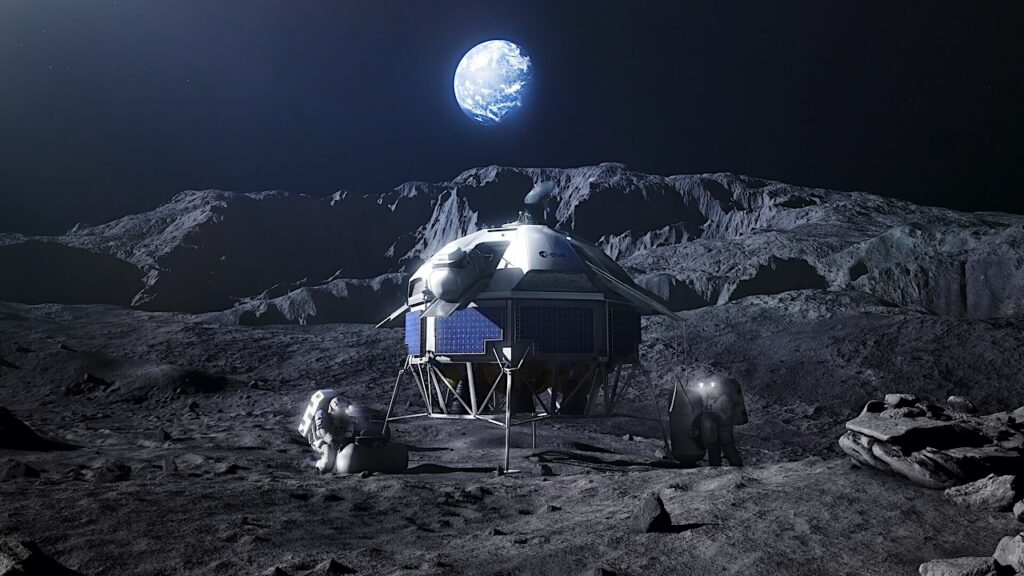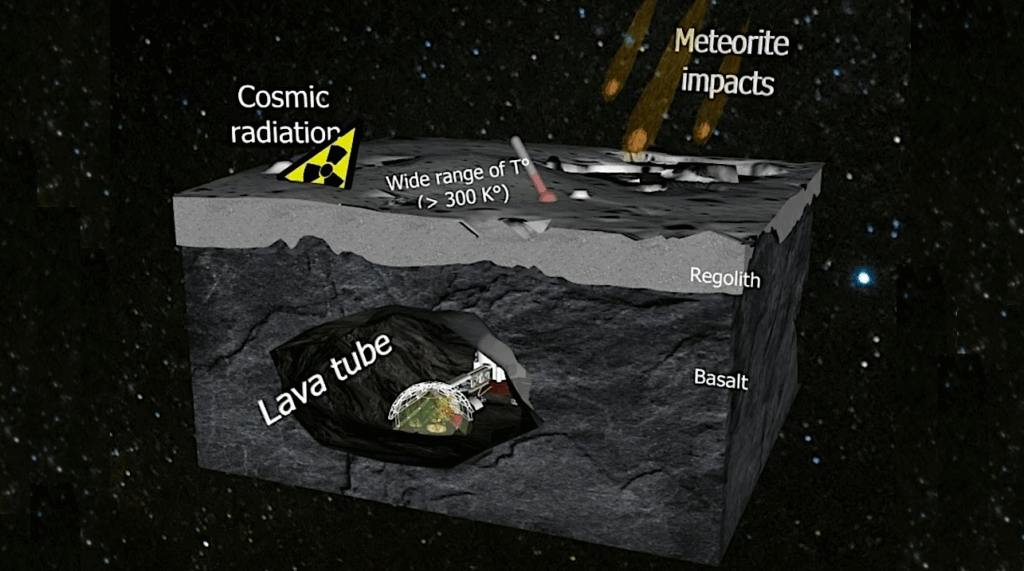Supernova Search Group Receives NASA Grant to Conduct Research on Plants In Space

American Public University System (APUS) today announced that the Spirulina Algae Group, part of the University’s Supernova Search Group, has received a NASA research grant to study the use of spirulina, a blue-green algae, for growing plants in space environments. The research focuses on the use of Hawaiian Spirulina Pacifica®1, scientifically known as Arthrospira platensis, to help support plant health, nutritional value, and production rates for many plants in similar conditions to Mars and the Moon.
The Supernova Search Group deduced that future human settlements on the Moon and Mars will need to find ways to grow plants in soil environments (known as regolith) that have no organic material and do not typically support plant growth. The research seeks to identify sustainable solutions to help support astronauts on prolonged missions using algae-based systems.
“We are honored to be awarded a prestigious NASA research grant, and the funds will enable us to perform a comprehensive study on this important issue in space exploration,” said Dr. Kristen Miller, an APUS professor who, along with STEM Department Chair Dr. Edward Albin, created the Supernova Search Group.
The research, funded by NASA’s Established Program to Stimulate Competitive Research (EPSCoR), will help in NASA’s development of an outer space settlement capable of growing its own food and supporting human life. The Spirulina Group includes Dr. Miller, American Public University undergraduate student Emma Follis; American Military University alums Terry Trevino and Dr. Larry Harrison (professor, University of Hawaii); Erin Stamper (Cyanotech Corporation); and Dr. Brian Murphy (West Hawaii Explorations Academy).
“We’re very excited about what the future holds for this dynamic, faculty-led student research team,” said APUS Provost Dr. Elizabeth Johnson. “This year-long project enables our undergraduate and graduate astronomy students to gain invaluable research experience.”
The Spirulina Group chose spirulina algae for its many useful properties, including temperature and radiation resistance, and an ability to reclaim wastewater. The microalgae has been shown to support plant health in highly alkaline soils that pose similar conditions to those on the Moon and Mars.
“Spirulina has sustained life forms over billions of years here on Earth, and is heralded as a nutrient-rich human superfood today,” said Collette Kakuk, Chief Strategic & Commercial Officer of Cyanotech, which supplies the Hawaiian Spirulina Pacifica for the project through a partnership with the Group. “Its selection for this important NASA sponsored research into how Hawaiian Spirulina can nourish and fortify the health of other plants in extraterrestrial environments underscores its enduring significance and value.”
Dr. Miller worked with AMU graduate student Terry Trevino to launch a pilot study examining how spirulina could be used as a biofertilizer to support the healthy growth of vascular plants in simulated martian regolith. This initial study, conducted in partnership with APUS’ Analog Research Group (AARG) at the Inflatable Lunar/Mars Analog Habitat (ILMAH), operated by the University of North Dakota (UND) Human Spaceflight Laboratory, led to APUS receiving the NASA EPSCoR Rapid Response Research (R3) grant through the West Virginia Space Grant Consortium.
To learn more about the study and APUS’s Space Studies program, visit here. To learn more about the AARG group, visit here.
About American Public University System American Public University System (APUS) delivers affordable, high-quality, workforce-relevant higher education. With a vibrant, diverse, and inclusive, 31-year history and over 135,000 alumni from more than 100 countries, APUS is recognized for its innovative approach to online learning. APUS is in the top 11% for students’ return on educational investment, compared to 4,500 colleges and universities nationwide, according to the Georgetown University Center on Education and the Workforce (2022)2.
APUS, which includes American Military University (AMU) and American Public University (APU), is accredited by the Higher Learning Commission (HLC), an institutional accreditation agency recognized by the U.S. Department of Education. APUS is a wholly owned subsidiary of American Public Education, Inc. (Nasdaq: APEI). For more information, visit www.apus.edu.
About Cyanotech
Cyanotech Corporation, a world leader in microalgae technology for more than 30 years, produces BioAstin® Hawaiian Astaxanthin® and Hawaiian Spirulina Pacifica®2. These all-natural, dietary ingredients and supplements leverage our experience and reputation for quality, building nutritional brands which promote health and well-being. The Company’s mission is to fulfill the promise of whole health through Hawaiian microalgae. Cyanotech’s BioAstin® offers superior antioxidant activity which supports skin, eye and joint health, as well as recovery from exercise. Cyanotech’s Spirulina products offer nutrition that supports cardiovascular health and immunity. All Cyanotech products are produced from microalgae grown at our 96-acre facility in Kona, Hawaii using patented and proprietary technology and are Generally Recognized as Safe (“GRAS”) for use in food products. Cyanotech sells its products direct to consumers at retail locations in the United States and online at www.nutrex-hawaii.com and also distributes to dietary supplement, nutraceutical and cosmeceutical manufacturers and marketers. The Company is regulated by the Food and Drug Administration. Visit www.cyanotech.com for more information.
Astrobiology








